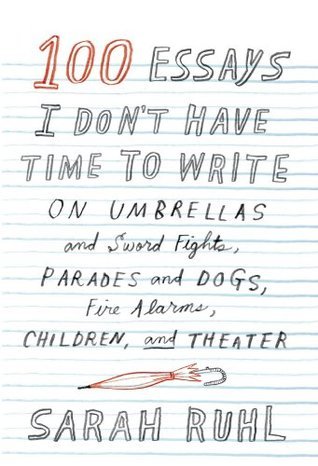What do you think?
Rate this book


241 pages, Kindle Edition
First published December 11, 2012
“But what if lightness is a philosophical choice to temper reality with strangesness, to temper the intellect with emotion, and to temper emotion with humor. Lightness is then a philsophical victory over heaviness. A reckoning with the humble and the small and the invisible.”p.36